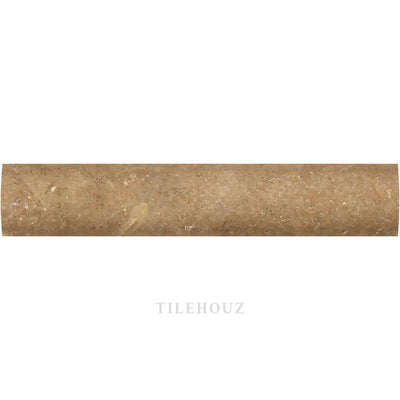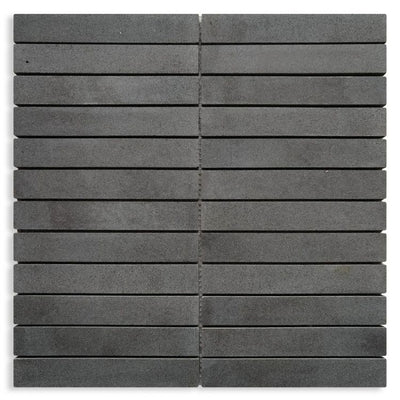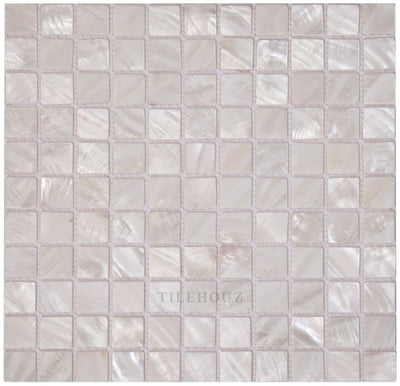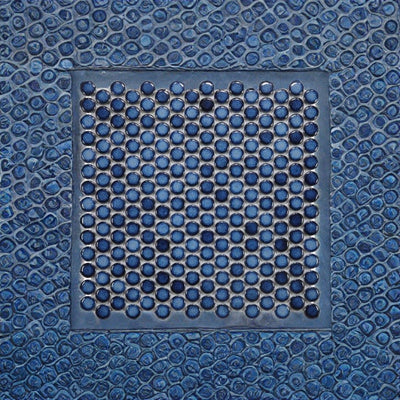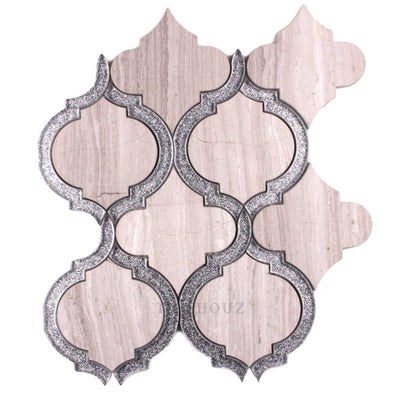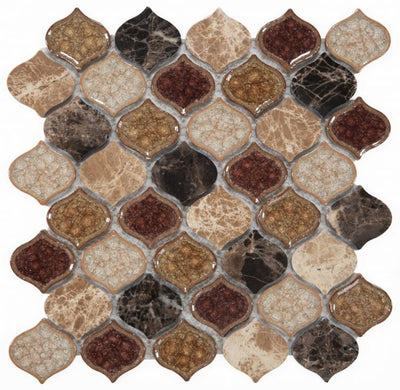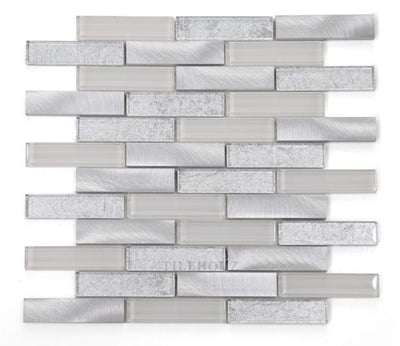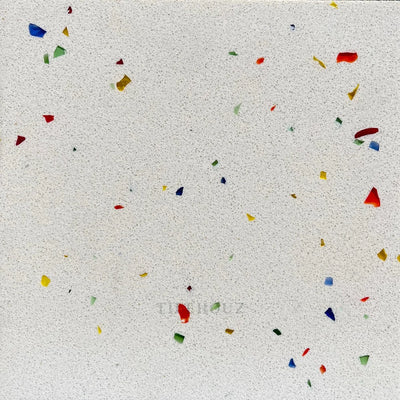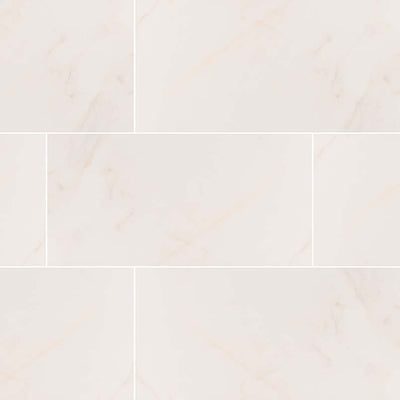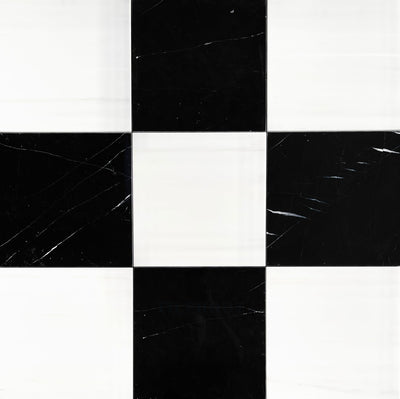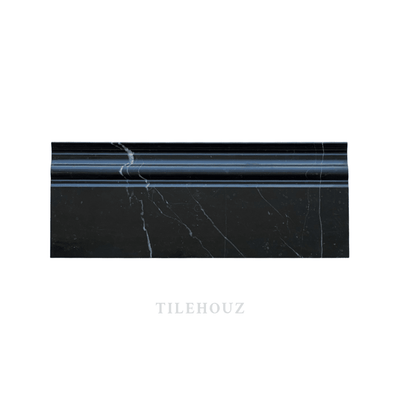What Type Of Grout For Porcelain Tiles?
When choosing grout for porcelain tiles, consider both the aesthetic and functional aspects of your project. Here are some recommendations:
1. **Unsanded Grout**: Best for narrow grout lines less than 1/8-inch wide. Unsanded grout is smoother and easier to work into smaller joints. It's ideal for walls, where sanded grout might scratch delicate porcelain finishes.
2. **Sanded Grout**: Suitable for wider grout lines, typically from 1/8-inch to 1/2-inch. The sand in the grout prevents shrinkage and cracking in larger joints. It's a good choice for floors and high-traffic areas because of its durability.
3. **Epoxy Grout**: A highly durable and water-resistant option, epoxy grout is ideal for areas exposed to heavy use or moisture, such as bathrooms and kitchens. It's more resistant to staining and doesn't require sealing, but it's also more challenging to apply and clean up.
4. **Pre-Mixed Grout**: Convenient and consistent, pre-mixed grout saves time and ensures color uniformity. It's available in both sanded and unsanded varieties and is suitable for a wide range of applications.
5. **Color-Matched Grout**: The color of your grout can significantly affect the look of your tiled surface. Choose a color that complements your tiles to create a cohesive look or a contrasting color to highlight the pattern and layout of your tiles.
When selecting grout, also consider its sealing properties. Some grouts come with added sealant for extra protection against moisture and stains, which can be beneficial in maintaining the appearance and longevity of your tile work. Always check the manufacturer's recommendations for both the tiles and grout to ensure compatibility and optimal results.
1. **Unsanded Grout**: Best for narrow grout lines less than 1/8-inch wide. Unsanded grout is smoother and easier to work into smaller joints. It's ideal for walls, where sanded grout might scratch delicate porcelain finishes.
2. **Sanded Grout**: Suitable for wider grout lines, typically from 1/8-inch to 1/2-inch. The sand in the grout prevents shrinkage and cracking in larger joints. It's a good choice for floors and high-traffic areas because of its durability.
3. **Epoxy Grout**: A highly durable and water-resistant option, epoxy grout is ideal for areas exposed to heavy use or moisture, such as bathrooms and kitchens. It's more resistant to staining and doesn't require sealing, but it's also more challenging to apply and clean up.
4. **Pre-Mixed Grout**: Convenient and consistent, pre-mixed grout saves time and ensures color uniformity. It's available in both sanded and unsanded varieties and is suitable for a wide range of applications.
5. **Color-Matched Grout**: The color of your grout can significantly affect the look of your tiled surface. Choose a color that complements your tiles to create a cohesive look or a contrasting color to highlight the pattern and layout of your tiles.
When selecting grout, also consider its sealing properties. Some grouts come with added sealant for extra protection against moisture and stains, which can be beneficial in maintaining the appearance and longevity of your tile work. Always check the manufacturer's recommendations for both the tiles and grout to ensure compatibility and optimal results.
More from:
Porcelain Tiles

